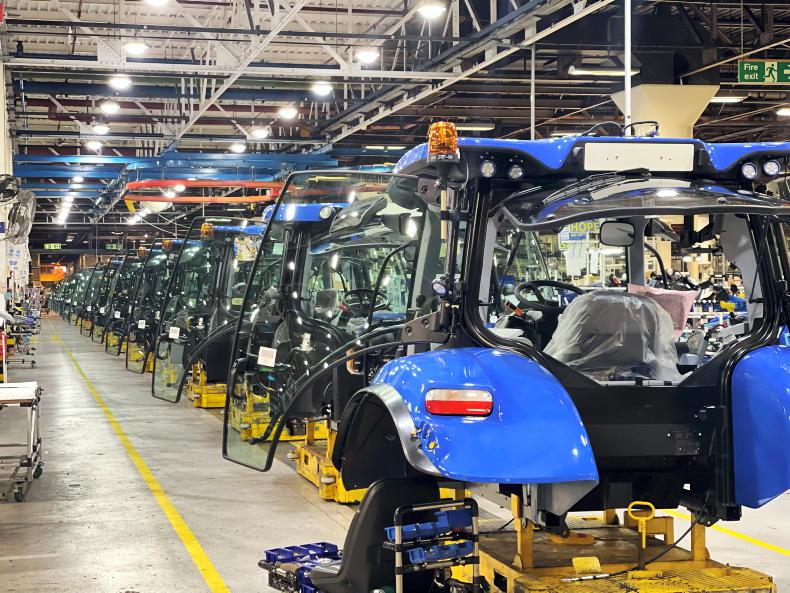Each month, CEMA, (the association representing the European agricultural machinery industry) carries out a survey within the European agricultural machinery industry, covering all major sectors to establish the current business situation.
The latest report for February outlines that the general business climate index for agricultural machinery in Europe has risen further and entered an upswing territory following more than two years of decline.
From speaking with manufacturers and dealers in Ireland in recent times, the same attitude has been aired here on the home market, as dealers describe the current environment as ‘cautiously positive’.
Despite all the uncertainty, the majority of Irish machinery dealers and manufacturers finished up the 2024 calendar year in a reasonably good position.
The majority of which expressed a positive outlook for 2025, underpinned by strong farmgate prices, which are expected to remain positive for the months ahead.
On the other hand, Irish farmers and contractors in the system of upgrading machines after a set number of hours or seasons have stuck by these cycles to a large extent. That said, having spoken recently with a number of English manufacturers and dealers, business appears to be significantly quieter across the water.
Business climate index
The latest February report complied by CEMA shows that the overall index has increased by 20 points from -31 to -11 (on a scale of -100 to +100).
While not included in calculations for the overall barometer, it was highlighted that further improvements can especially be seen based on current order intakes.
After significantly reduced order volumes in 2023 and 2024, lead times are now in the region of 3.3 months, which is almost at the average level experienced between 2017 and 2020, before the boom phase.
CEMA highlighted that the confidence index has improved for all European markets, with several countries back in or close to positive territory for the first time since the recent downturn. Of the businesses surveyed by the association, 37% expected turnover to grow within the next six months, up from 26% in January.










SHARING OPTIONS